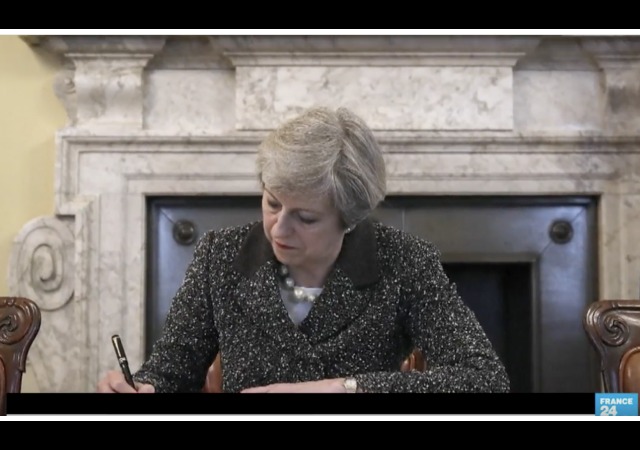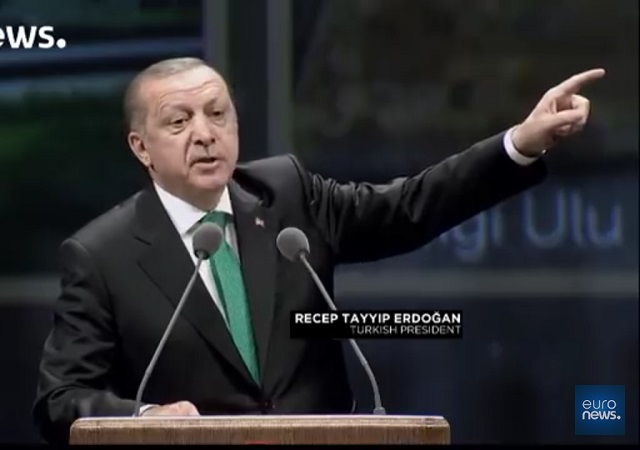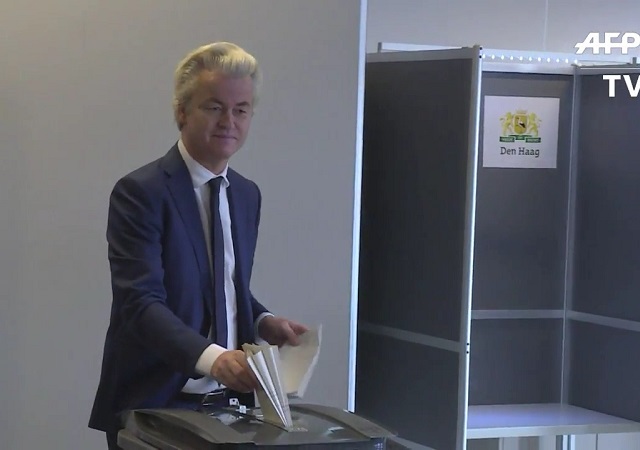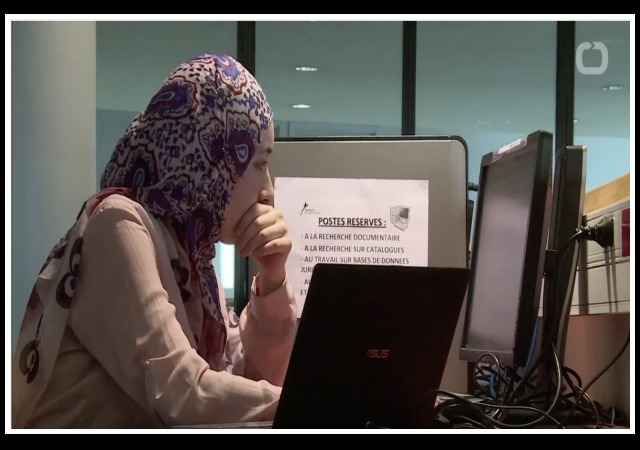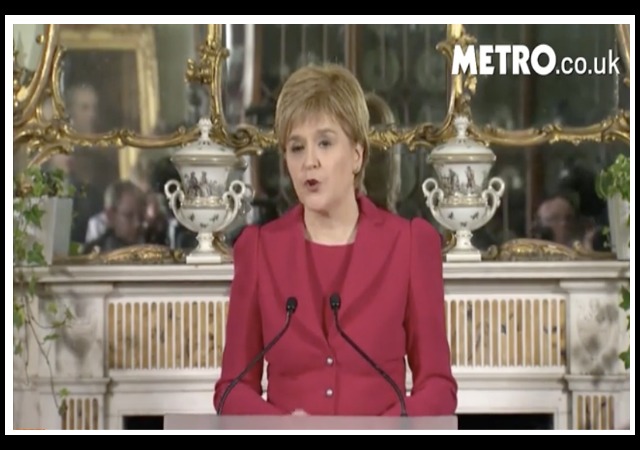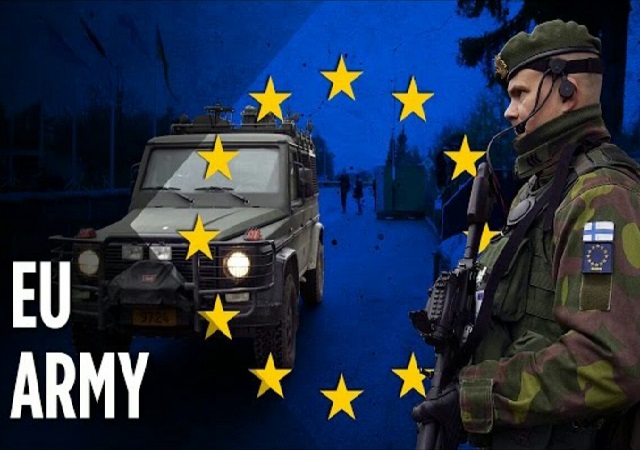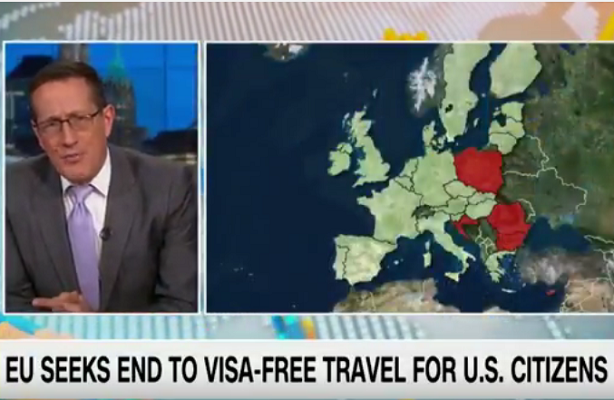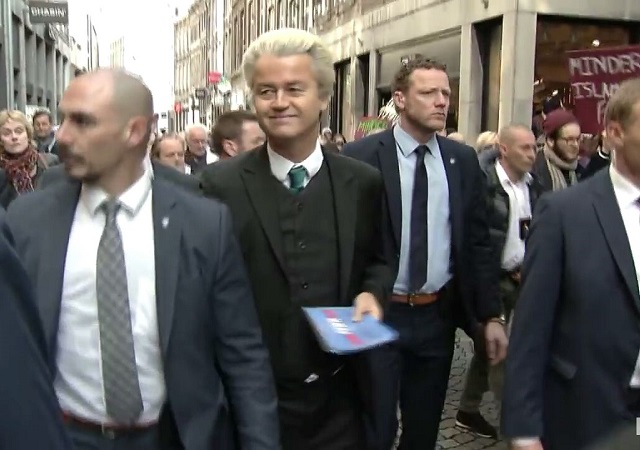Hungary, Slovakia take EU to court over forced migrant resettlement scheme
on May 11, 2017
3 Comments
The governments of Hungary and Slovakia have filed a case against the EU's refugee distribution plan. "Hungary and Slovakia have accused the EU of negligence and violations with regard to its decision to distribute up to 120,000 refugees across Europe," German newspaper Die Welt reported.
Defending his government’s decision to challenge the EU's migrant policy in the European Court of Justice (ECJ), Hungary's Justice Minister Laszlo Trocsanyi told Die Welt, "We have compiled a ten-point list of reasons we believe this decision to be illegal." Minister Trocsanyi criticised EU's plans of redistributing migrants for incentivising illegal immigration. The EU was telling migrants to "go ahead and come to Europe, and we will handle the distribution," Trocsanyi said.

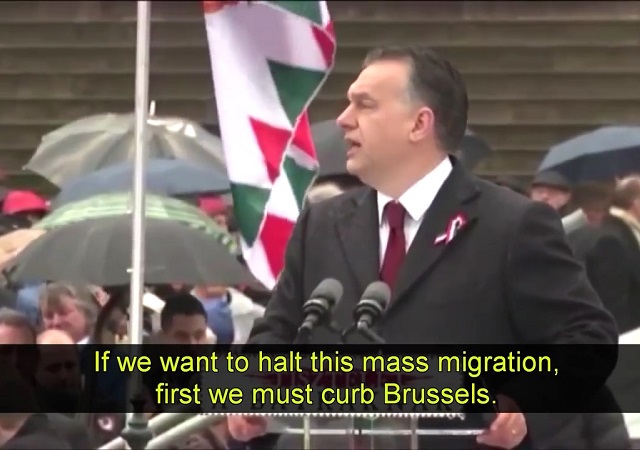
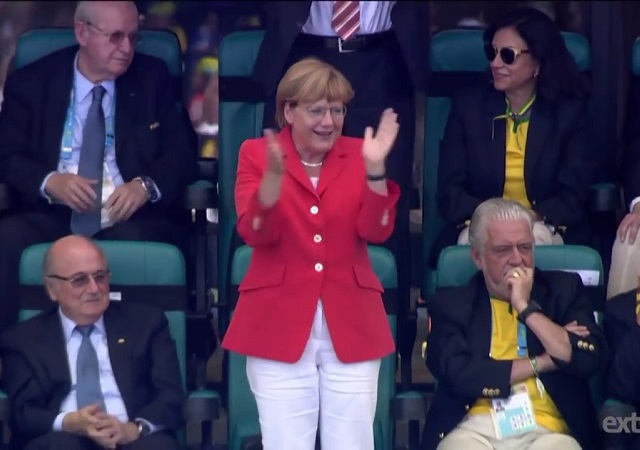
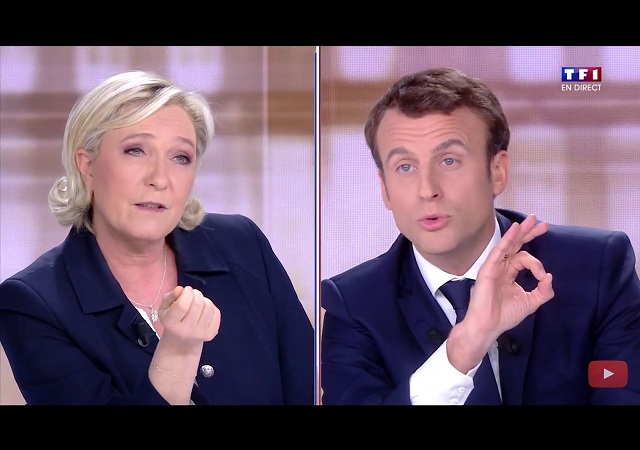
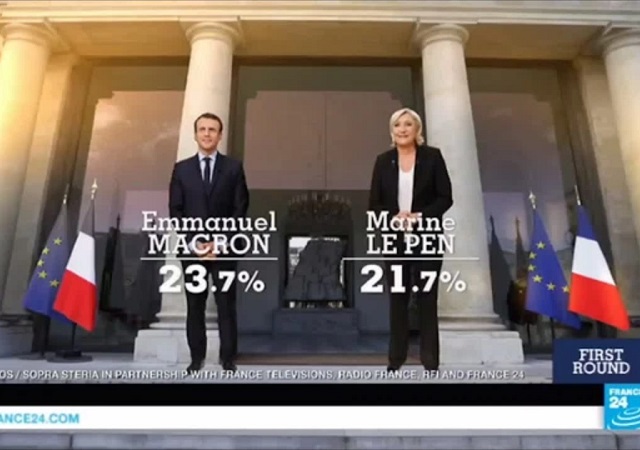
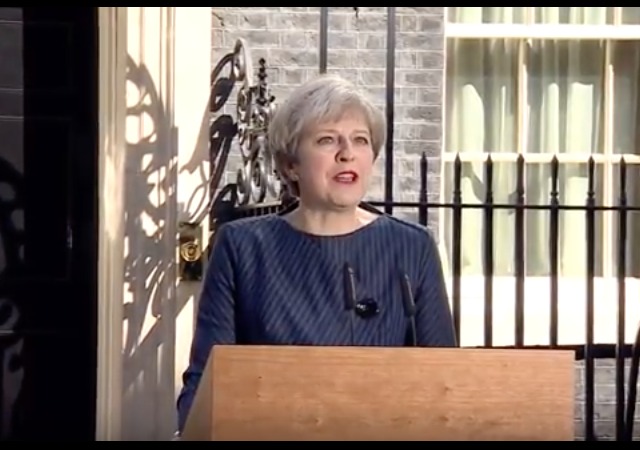
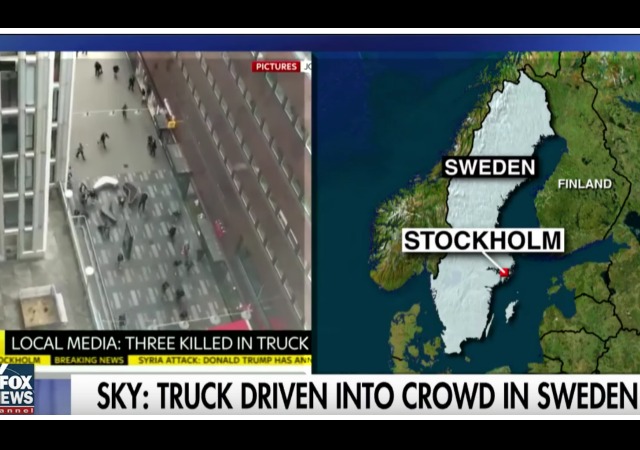
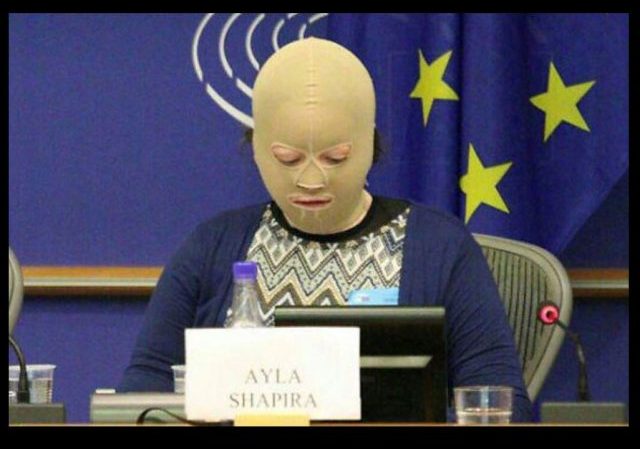
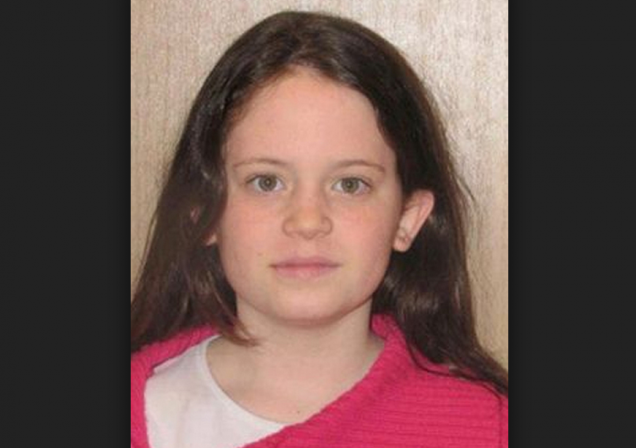 Anne's post was,
Anne's post was, 
